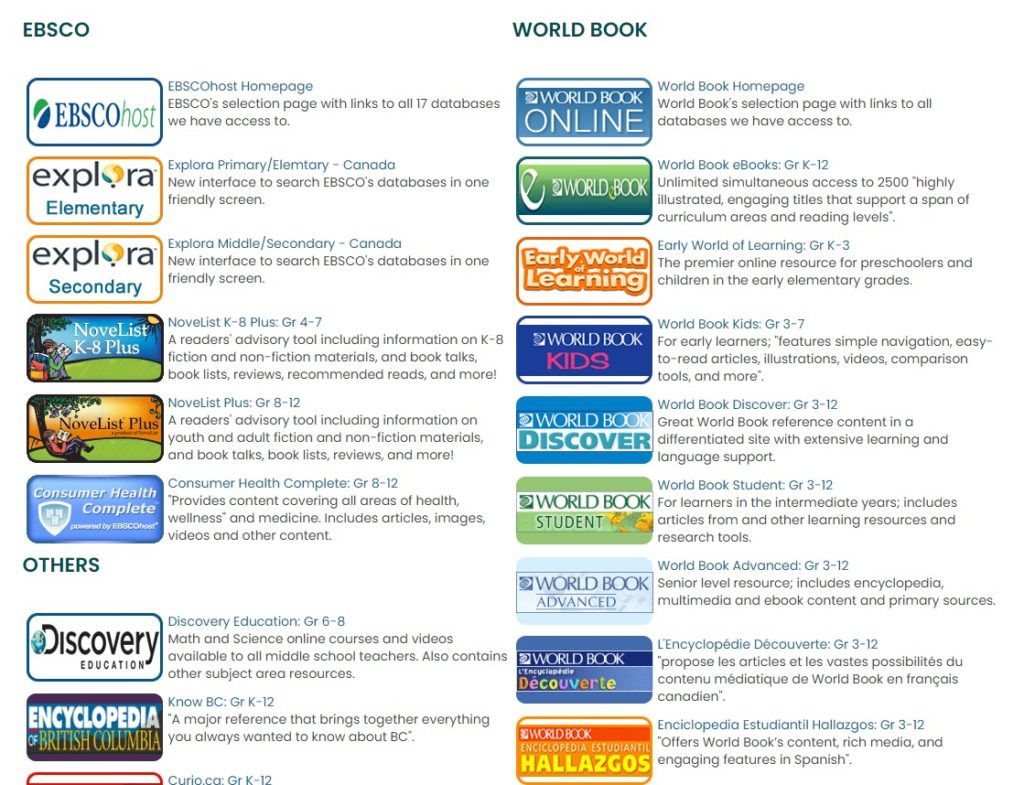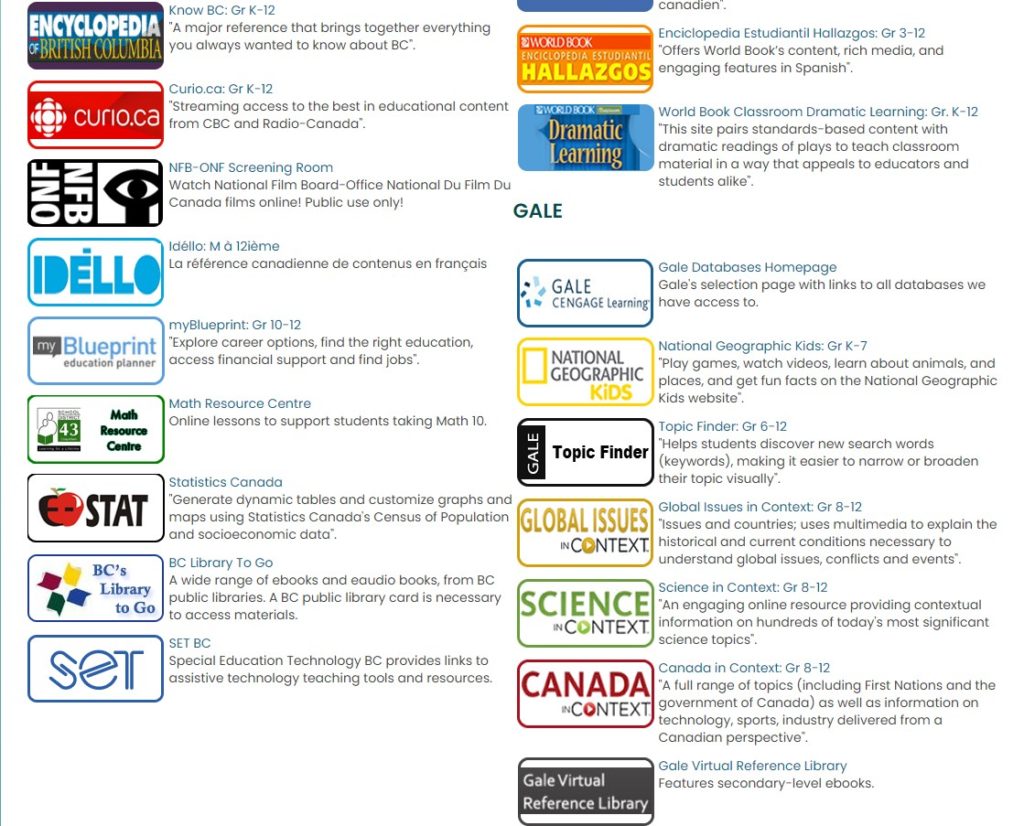Theme Three: Reference Materials
This theme covered a lot of material that I have not thought about in awhile as a classroom teacher. Topics such as Dictionaries, Encyclopedias, Biographies, Maps and Atlases. Especially being in a job share where I am not the one covering Social Studies curriculum, I have not thought about these types of resources in awhile. I am glad that I was able to learn a little more and from different perspectives.
I am going to discuss some things that stood out to me from our final theme of the course. The first being the Deep Web. I see myself as a more technologically sound educator, however, I was not fully aware of the depth of the Deep web. When doing our readings and research for this Module, I found this infographic which really put the deep web into perspective.
https://visual.ly/community/Infographics/technology/exploring-deep-web-semantic-search
As stated in this Module, “Some grey literature and other resources lay beneath the radar of search engines, not indexed. This reinforces the mind-boggling extent of the universe of information because when you search for information on the Internet using a search engine, you only tap the tip of the iceberg (UBC 2021).” It shows just how much information is missing when we do a simple google search. It is important that we show our students how much information they can access outside of doing a google search. I know from personal experience that many of my students feel that Google will have all the answers, which it has many, but it is important that we are showing them how much information is available such as paid subscriptions through the school or district.
This topic was a perfect lead into our next Module of Full-Text Databases. This was extremely eye opening for me because I had never thought about using databases with my Elementary students. I was curious after reading, “Primary Search database of popular children’s magazines, Newspaper Source articles, from national international newspapers, Professional Development Collection journals and magazines for the K-12 community, and ERIC abstracts and full-text reports (Riedling 2019).” My only experience with data bases if from my personal studies throughout my University career and my Post Baccalaureate studies. In my mind, resources such as ERIC and EBSCO were only useful for adults. When I did a quick search on our District Library resources EBSCO was at the top of the list, followed by the elementary version, being Explora. I did some searching on this database and found that the information was at a readable level and was accompanied by pictures, videos, graphics, and diagrams for more visual learning.


The last Module that I will discuss is one that can be controversial. It seems that the discussion of Encyclopedias vs. Wikipedia is a common topic in the Library world. “Wikipedia, has created a large amount of debate among information scientists, educators and others as format with reliability and validity issues (UBC 2021).” As mentioned on our discussions for this Module, I feel that we should not be fully discouraging students from using Wikipedia. I strongly agree that “Wikipedia is the ideal place to start your research and get a global picture of a topic, we recommend that students check the facts that they find in Wikipedia against other sources (Harris 2007).” I also feel like we should not be banning the use of Wikipedia because this is often the most accessible resources for students. We know that “…if a child comes home seeking help with a research project, it’s most likely that Mom and Dad will turn to the online encyclopedia. Even if they do a basic search on Google for single word topics almost always includes a result from Wikipedia (Harris 2007).” Therefore it is important to educate our students that this can be a great starting point. It is also why we need to be showing them all the other resources that are available to them.
I personally find Wikipedia fascinating and learned so much more from this Module. I knew that Wikipedia could be edited and changed by the public, however, I had no idea that it was comprised of volunteers. “The idea behind Wikipedia is that it’s self-cleaning. If someone posts an article or change that includes an error, the community will find the error and fix it (Berinstein 2006).” I feel that this is also something that we could be sharing with our students about how software communities work and where they could eventually move to with coding. In doing more research about Wikipedia I watched Jimmy Wales discuss the birth of Wikipedia and his ‘rag tag’ crew. Some of the highlights from this talk were that Wikipedia is closely monitored with RSS fees and most garbage is often found right away and deleted (Wales 2005).
Even though Wikipedia is comprised of volunteers, Wales points out that, “People who volunteer to write an Encyclopedia for fun, must be some pretty smart people (Wales 2005).” So, I feel like I have a little soft spot when it comes to Wikipedia. It gets a lot of flak, however, it’s quite an amazing platform. I also do not think that it should be compared to an Encyclopedia. Both resources are very different, even if they have the same intention of sharing information with the public.
I found another video that would be very helpful to show other educators and students. It shows how students should be using Wikipedia and discusses that “Used properly, Wikipedia is an invaluable resource, especially as a launching pad for evaluating online information.”
This final Module was very fluid, and I thought each topic tied perfectly into the next. A lot of the information is highly applicable and gave me a greater insight into the Library reference collection. As a classroom teacher wishing to work in the Learning Commons, I feel grateful that I am learning all this information beforehand, rather than being a fish out of water and trying to figure it out as I go.
Works Cited:
Berinstein, P. (2006). Wikipedia and Britannica: The Kid’s All Right (And So’s the Old Man). Searcher 14(3), 16-26.
Harris, C. (2007). Can we make peace with Wikipedia? School Library Journal, 53(6), 26.
Riedling, A. M., & Houston, C. (2019). Reference skills for the school librarian: Tools and tips (4th ed.). Santa Barbara, CA: Libraries Unlimited.
Stanford History Education Group. (2020, January 23). Retrieved from https://www.youtube.com/watch?v=ZzcjS1aDojA
The University of British Columbia. (2021). LIBE 467: Information Services I. Vancouver, BC: UBC.
Wales, J. (2005, July). Retrieved April 02, 2021, from https://www.ted.com/talks/jimmy_wales_the_birth_of_wikipedia/up-next?language=en
